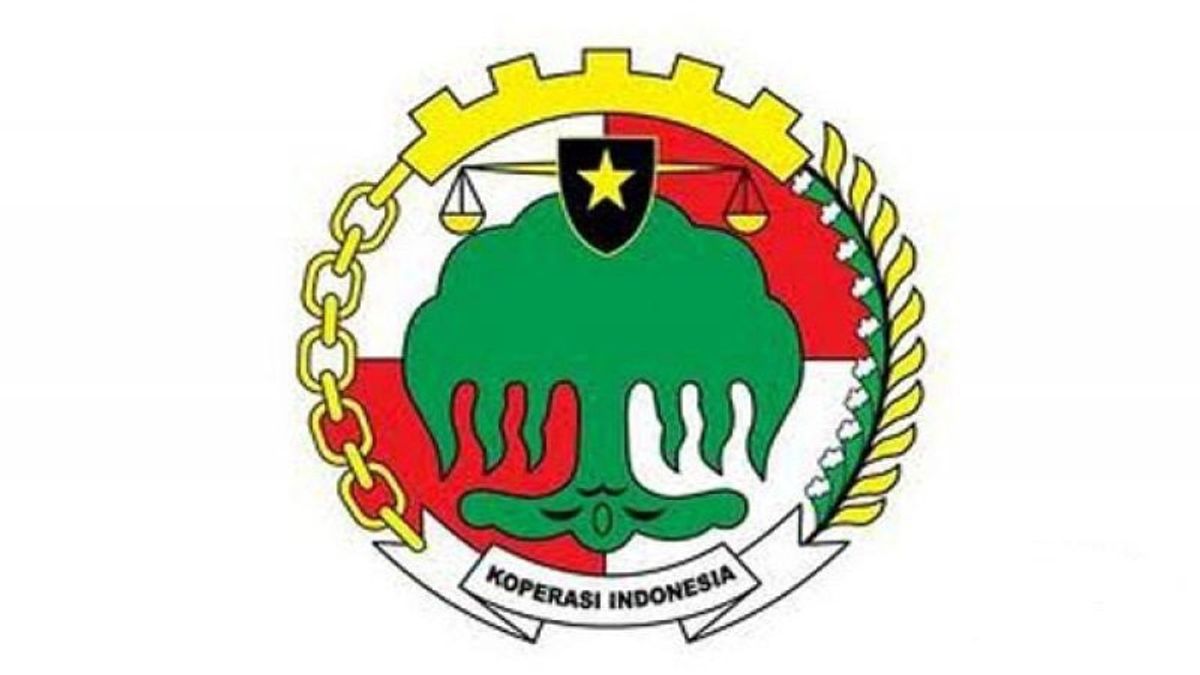JAKARTA - The Ministry of Cooperatives and SMEs states that the Law (UU) on Cooperatives needs to be updated as an effort to present a dynamic, adaptive and accommodating cooperative business ecosystem.
Deputy for Cooperatives at the Ministry of Cooperatives, Ahmad Zabadi, said that if the law was amended, it was hoped that it would provide legal certainty for any violations that could degrade the image of cooperatives among the public.
"The Cooperative Law currently in effect, Law Number 25 of 1992, tends to be out of date," said Deputy for Cooperatives at the Ministry of Cooperatives, Ahmad Zabadi, quoted from Antara, Monday, June 6.
Lately, he continued, various problems have arisen related to problematic cooperatives that have created a bad perception among the public.
According to him, this phenomenon is contrary to the cooperative principle which emphasizes the principles of togetherness, kinship, and provides welfare for cooperative members.
Some of the problems in the cooperative world today are the misuse of cooperative legal entities to practice illegal online lending (pinjol) and moneylenders, irregularities in the use of assets by management, the potential for members is not optimized, and supervision of problematic cooperatives has not run optimally.
"Cooperative violations also often occur in the form of not having a savings and loan business license or a branch office permit," he said.
Another obstacle in problematic cooperatives is the mechanism for submitting Debt Payment Suspension (PKPU) and bankruptcy by creditors/cooperative members which have not been regulated by law, making it difficult for members to face the PKPU or bankruptcy process.
Now, thousands of troubled cooperative members are said to be adrift waiting for a complicated deposit return process.
Therefore, he hopes that there will be reforms and strengthening in the draft Cooperative Law (RUU) that will be drafted.
"There are many things that will be regulated. One of the things that want to be strengthened is the legal entity of cooperatives, strengthening the management of cooperatives based on sharia principles, strengthening internal supervision, accompanied by sanctions," said Zabadi.
The Coordinating Ministry for Cooperatives is stated to have formed a working group to discuss the academic text of the Bill on Cooperatives from academics, cooperative practitioners, observers, notaries, legal experts, related ministries/institutions.
The working group is said to have worked on an inventory of the problems and developments of cooperative dynamics.
Furthermore, it will be discussed intensively per cluster of the Cooperative Bill.
"The Cooperative Law that will be drafted aims to provide protection for members, present good and accountable cooperative governance, and provide a deterrent effect on violations of regulatory provisions as regulated in the cooperative law," added Zabadi.
The English, Chinese, Japanese, Arabic, and French versions are automatically generated by the AI. So there may still be inaccuracies in translating, please always see Indonesian as our main language. (system supported by DigitalSiber.id)








